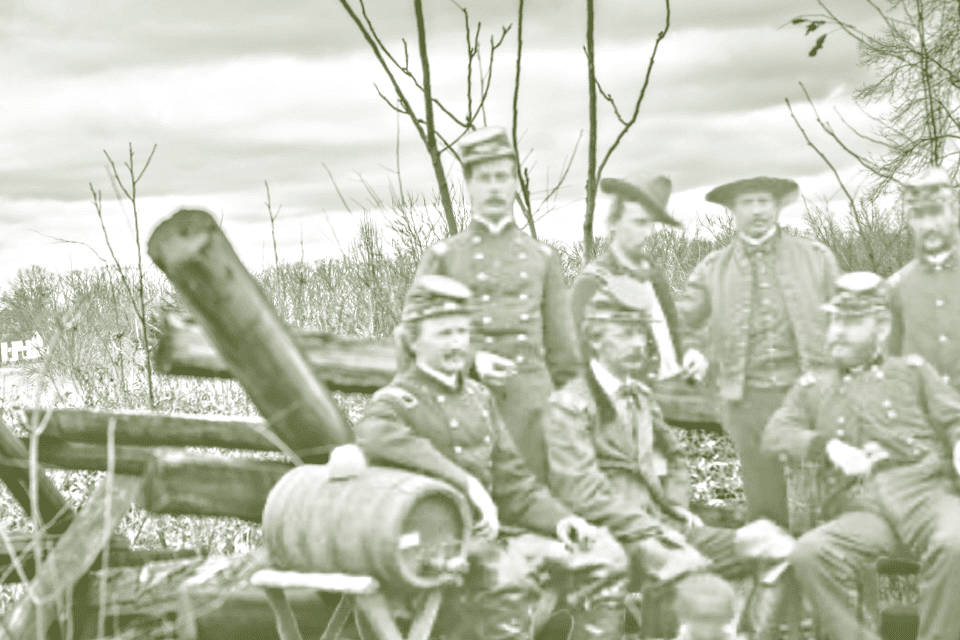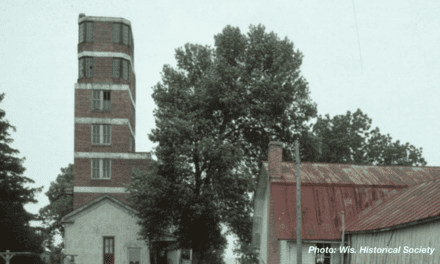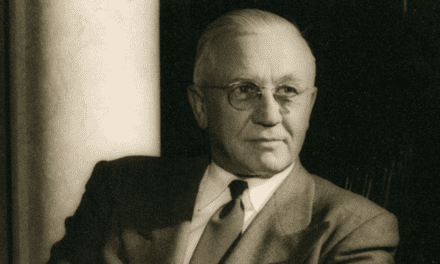German Beer from Wisconsin and Its Role in the Civil War
When one thinks of the Civil War, images of horrific battlefields and heroic soldiers typically come to mind. However, hidden within the annals of American history lies an unexpected and delectable connection: German beer brewed in Wisconsin. This unassuming beverage, crafted by German immigrants who sought a new life in the Badger State, played an intriguing role during the Civil War. Let’s explore the fascinating story of German beer production in Wisconsin and its impact on both soldiers and civilians during this tumultuous time.
In the mid-19th century, a significant influx of German immigrants arrived in the United States seeking economic opportunities and religious freedom. Many settled in Wisconsin, primarily in the southeastern region, bringing with them their rich brewing traditions. The Germans possessed a deep-rooted beer culture, and their expertise and passion for brewing soon bore fruit in their newly adopted homeland.
Wisconsin quickly emerged as a hub for beer production, thanks to access to fresh water, the enterprising spirit and brewing skills of German immigrants. Breweries sprouted in cities like Milwaukee and Manitowoc, crafting beers that reminded the newcomers of their homeland. Names like Joseph Schlitz, Frederick Pabst, and Valentin Blatz became synonymous with brewing excellence and helped establish Wisconsin as a prominent player in the American brewing industry.
As the nation divided during the Civil War, soldiers from various states found themselves fighting side by side. Amidst the chaos and hardships of war, beer became a comforting respite for the troops. Wisconsin breweries, famed for their German-style lagers, saw an opportunity to support the cause and boost morale by providing beer for the soldiers. It also, they hoped, would create a market for their product beyond their German-born countrymen.
Lager beer, with its shelf stability and refreshing flavor, emerged as a valuable commodity during the war. Soldiers often received rations of beer as part of their provisions, serving not only as a morale booster but also as a form of currency. In camp, soldiers would exchange beer for various goods and services, creating a makeshift economy within the military ranks.
Wisconsin breweries played a significant role in meeting the demand for beer among the troops. They modified their production methods to accommodate the scale required for military contracts. Breweries like Schlitz and Pabst stepped up their operations, producing vast quantities of beer to ensure soldiers had access to this cherished beverage.
In a remarkable show of solidarity, some Wisconsin breweries formed the “Wisconsin Beer Brigade,” an informal group that supplied beer to Wisconsin regiments on the front lines. This unique arrangement showcased the breweries’ commitment to their soldiers and highlighted the persuasive power of beer as a morale-boosting element in the midst of war.
Notable Beer Brigade participants included the Joseph Schlitz Brewing Company, the Pabst Company, and the Blatz Brewing Company, among others. Recognizing the importance of beer in boosting soldier morale, these breweries joined forces to contribute to the war effort in a uniquely refreshing way.
Each brewery within the Beer Brigade expanded its brewing operations to meet the increased demand for beer from the military. Larger quantities of beer were brewed, often in German-style lagers that were popular among the immigrants who had settled in Wisconsin.

Efficiently and effectively distributing beer to the troops was a significant challenge for the Wisconsin Beer Brigade. To overcome logistical obstacles, the breweries coordinated with military authorities and utilized various transportation methods. Beer was transported in wagon trains, on supply wagons, and in kegs carried by sympathetic soldiers returning to the front lines. These measures ensured a steady supply of beer reached the soldiers.
Back home in Wisconsin, the brewing industry played a vital role in supporting the war effort and providing a sense of normalcy for civilians amid the chaos of conflict.
The demand for beer from breweries created economic growth and employment opportunities, bolstering Wisconsin’s economy during the turbulent times of the Civil War. The industry became a significant contributor to the state’s financial stability and overall development. Wisconsin had become a state in 1848, a mere 13 years before the start of the war.
In local taverns and gathering places, beer became a unifying force that brought people together. Friends and families sought solace and camaraderie, finding respite and a taste of normalcy during troubled times.
The unexpected connection between German beer brewed in Wisconsin and the Civil War highlights the diverse and intricate web of influences that shaped American history. German immigrants brought their brewing expertise to Wisconsin, setting the stage for a booming brewing industry. During the Civil War, this industry not only supplied soldiers with much-needed beer but also provided economic stability and social cohesion on the home front. The legacy of Wisconsin’s German beer culture continued long after the war ended, contributing to the state’s rich brewing heritage that is alive and well to this day. Uncovering these hidden stories and connections reminds us that history often holds surprises in unexpected places – in this case, in the sudsy surprise of Wisconsin beer during the Civil War.
5 FAST FACTS: WISCONSIN IN THE CIVIL WAR – Dairyland Sentinel
THE STORY OF BLATZ BEER – Dairyland Sentinel


















